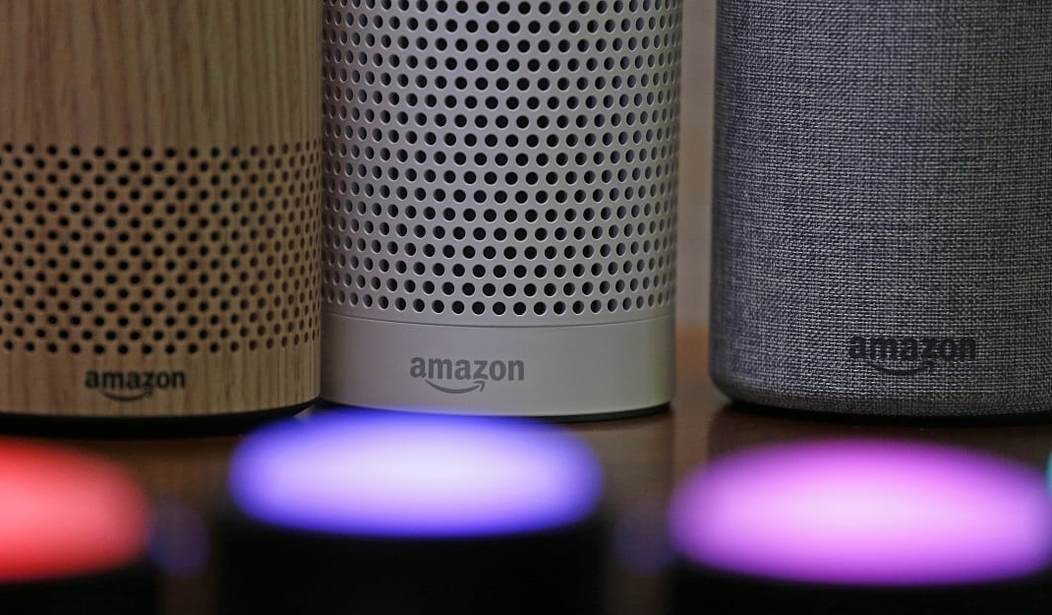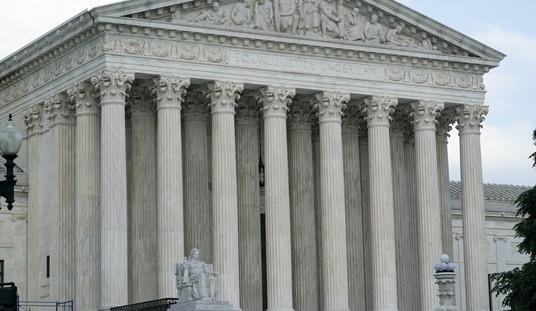Last week I shared the story of a Portland couple whose private conversation, held in their own living room, was recorded and sent to one of the husband’s telephone contacts by their Alexa device. I said that scenario was Reason 7,483 Why I’ll Never Allow Alexa in My Home. (Clearly I was exaggerating a bit about the number of reasons.)
Shortly after I finished writing the piece Amazon released a statement to CNBC with their explanation of what happened (I corrected their punctuation before adding it here. Misplaced commas and periods outside of quotation marks drive me nuts):
Echo woke up due to a word in background conversation sounding like “Alexa.” Then the subsequent conversation was heard as a “send message” request. At which point Alexa said out loud, “To whom?” At which point, the background conversation was interpreted as a name in the customers contact list. Alexa then asked out loud, “[contact name], right?” Alexa then interpreted background conversation as, “Right.” As unlikely as this string of events is, we are evaluating options to make this case even less likely.
Even if the string of events is unlikely, it’s still very disturbing.
My original article generated a number of comments, and I was surprised by how many thought my view was slightly (or very) alarmist. After I investigated the issue, I realized I might not be alarmist enough! In addition to my “No Alexa” policy, I have tape over the camera on my laptop(s), keep the microphone disabled, and have “location” and “microphone” turned off on most of the apps on my smartphone.
Even so, I didn’t realize everything apps can do when they’re given permission to access your phone’s mic and camera. they have the ability to:
- Access both the front and the back camera.
- Record you at any time the app is in the foreground.
- Take pictures and videos without telling you.
- Upload the pictures and videos without telling you.
- Upload the pictures/videos it takes immediately.
- Run real-time face recognition to detect facial features or expressions.
- Livestream the camera on to the internet.
- Detect if the user is on their phone alone, or watching together with a second person.
- Upload random frames of the video stream to your web service and run a proper face recognition software which can find existing photos of you on the internet and create a 3D model based on your face.
In addition to the “tape over the laptop camera” method, here are a few ways to protect yourself:
A good first step to counteracting these issues is study what permissions an app asks for. Does an app like LinkedIn really require camera access? Does an app like Twitter really require microphone access? Before you download an app, check out the reviews and search for any negative information about it to prevent yourself future harm.
Always make sure to cover your webcam with tape, and plug out your microphones when you’re done using them. You never know who’s watching, or what’s happening in the background on your device. It’s only paranoia until it’s too late.
Some say, “Well, why are you so worried about it? If you’re not doing anything wrong, why should you care?”
I honestly can’t believe any conservative would make such a statement, but I’ll answer. The first one is because I’m a freedom-loving, red-blooded American and I want to have control over what information I give to whom. It’s none of their business. Beyond that, there is no way of knowing what thoughts or beliefs will be politically correct at a given time and no way of knowing who accesses information once it’s out of my control, so am going to do everything I can to protect my privacy. In addition, there are a lot of crazy people out there. The work that I do puts me in the spotlight, and my opinions sometimes tick people off. I don’t want those crazy people to have information they can use to harm me or my loved ones.
Back to that device I love to hate, the smartphone. (No, really. I went on a long vacation earlier this year and was pretty much smartphone/internet free for three weeks. I thought I might die from deprivation, but it was glorious. I can’t wait to do it again.) Before you mindlessly grant microphone access to a game app, figuring there must be some innocent reason it’s needed, consider this, from a December 2017 New York Times article:
Hundreds of Android apps have been found snooping on their users with the built-in microphones on smartphones. Specifically, these apps are listening for TV show broadcasts, commercials, and even movies you watch in the theater, amassing information on what kind of things you like to watch. The third-party software, from a company called Alphonso, has been embedded in many Android apps available for free on the Play Store. Some of the apps are also available on the iPhone, and their App Store entries claim to use the same technology and snooping habits.
Through a deal with Shazam (an app that detects what song a user is listening to), Alphonso utilizes their technology to “sample small bits of audio,” like a TV show you’re watching, before searching a database to identify the show or movie. The app developer can then sell the data its compiled to advertisers, who now know if you binge-watch The Walking Dead or Hallmark movies.
According to How To Geek, Alphonso maintains that its software only records audio coming from electronic devices and not your conversations. But, as in the Alexa incident that prompted my initial article, how do we know the software didn’t confuse a voice? Could that explain why,for example, people who mention to their spouse that they’d like to try a certain new restaurant – and have that conversation in their own home, not on the phone and not on text – suddenly receive advertisements from that restaurant when they’re online?
The bottom line is that in this connected society it’s naive to think that anything we say or do online – or even in our own home – cannot be monitored. The only way to fully avoid it is to live completely off the grid. Barring that, we can make it as difficult as possible to be monitored – and that’s exactly what I plan to keep doing. #NeverAlexa!














Join the conversation as a VIP Member